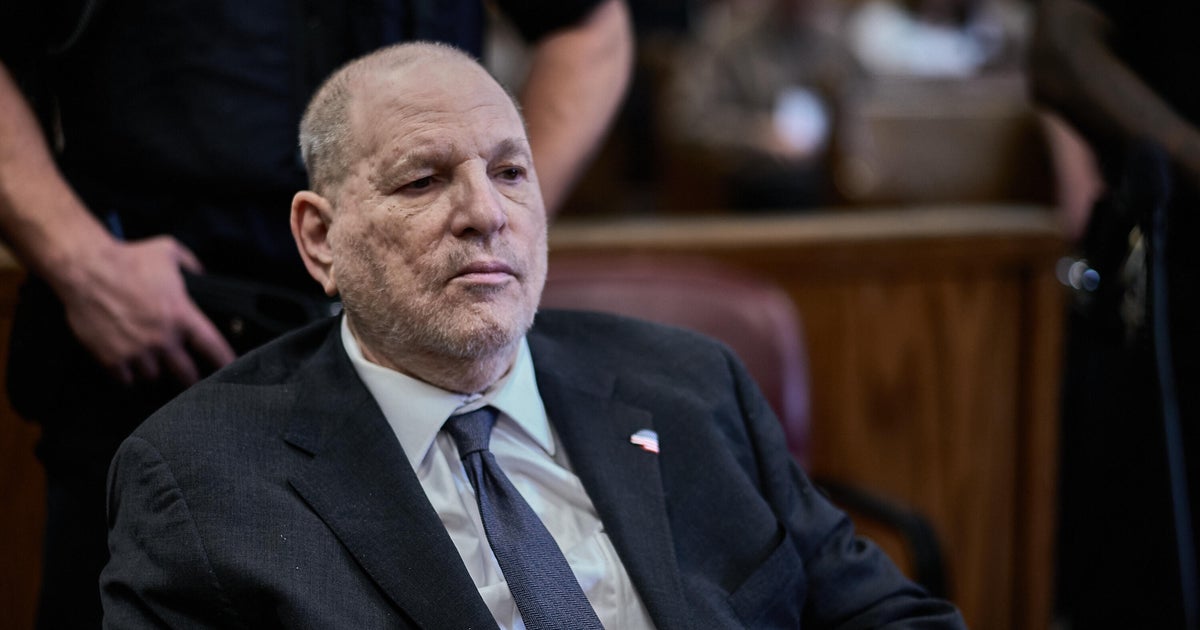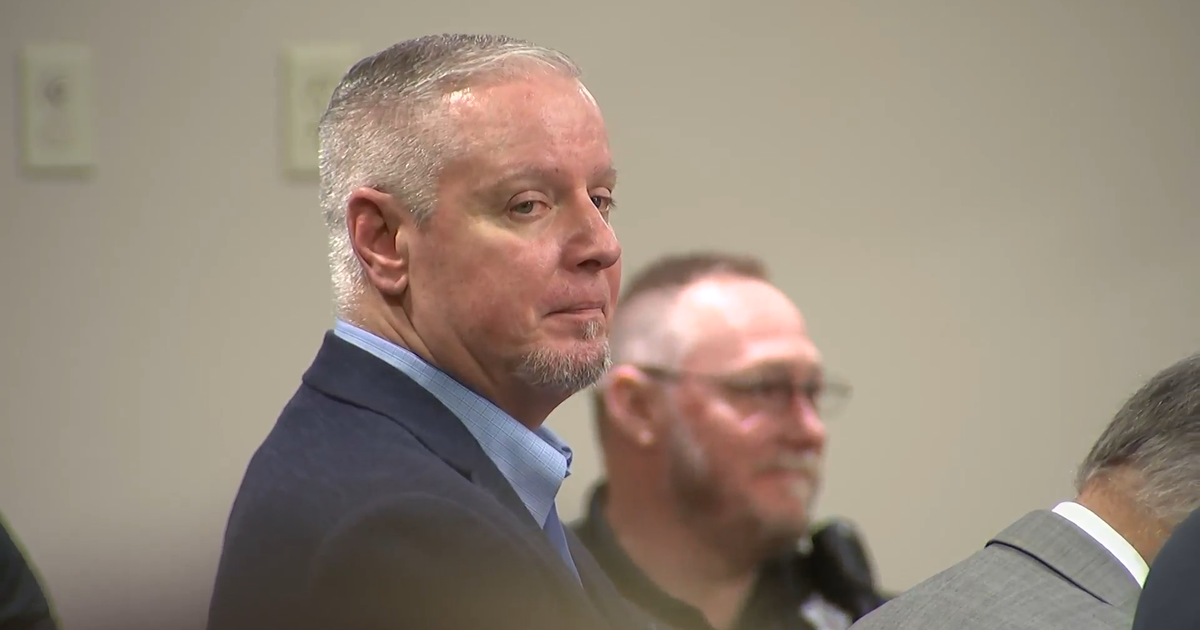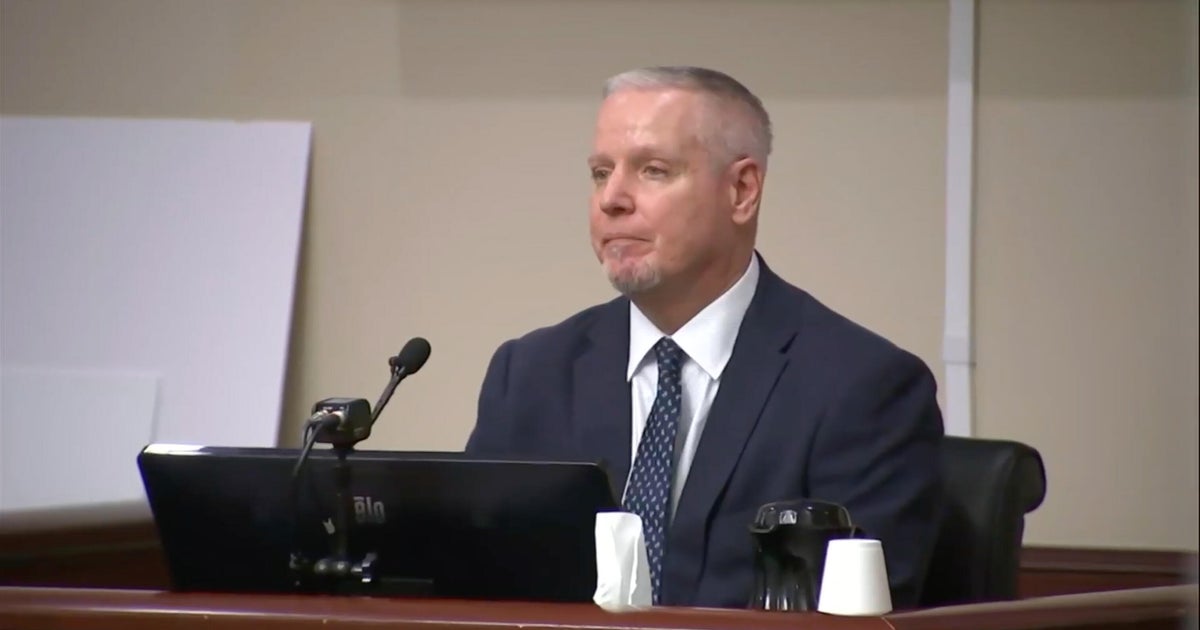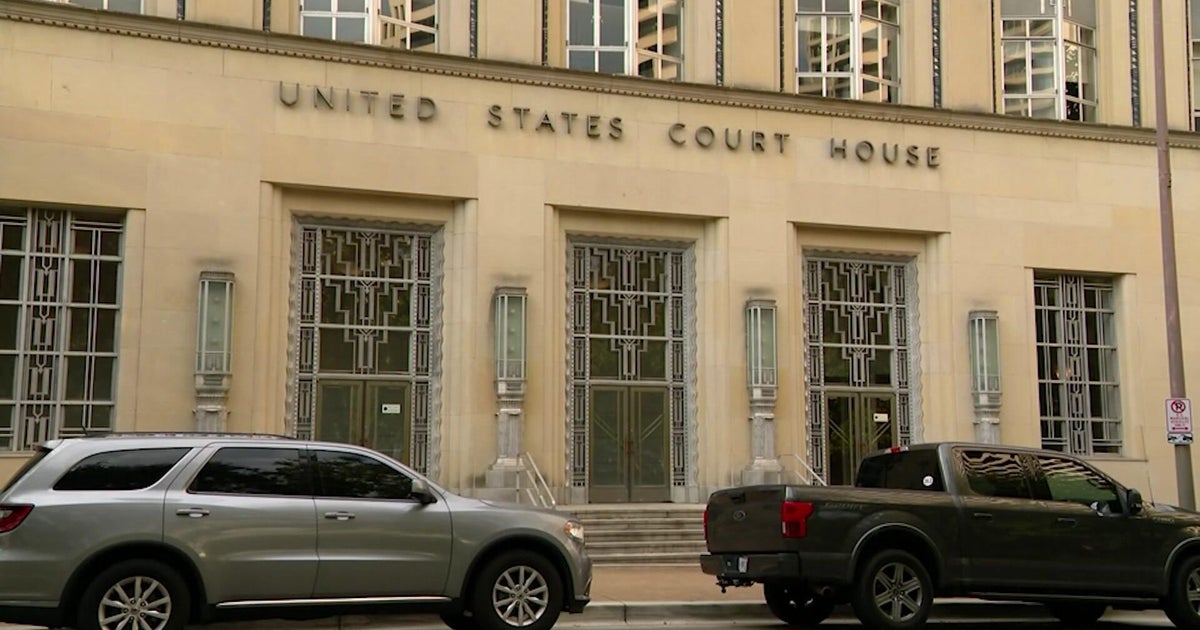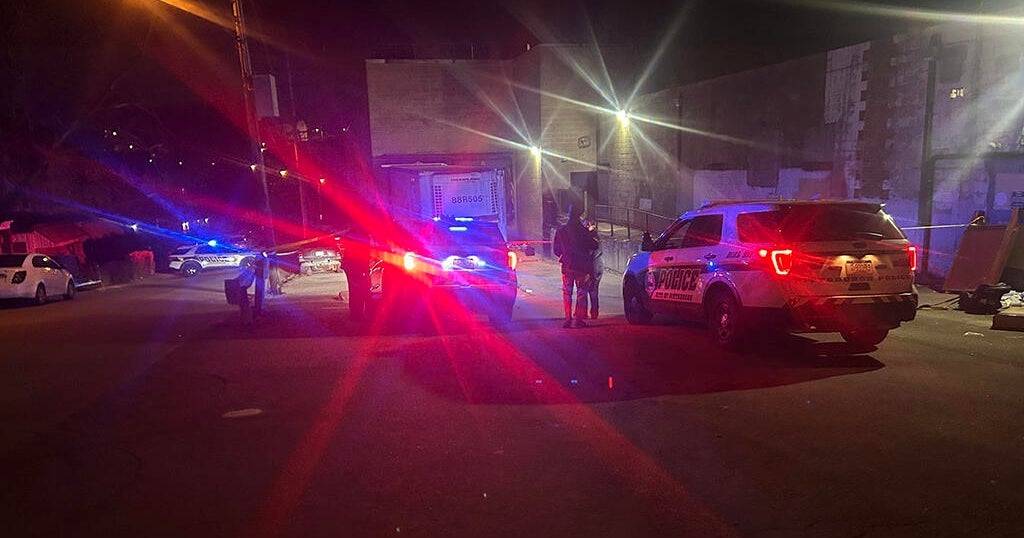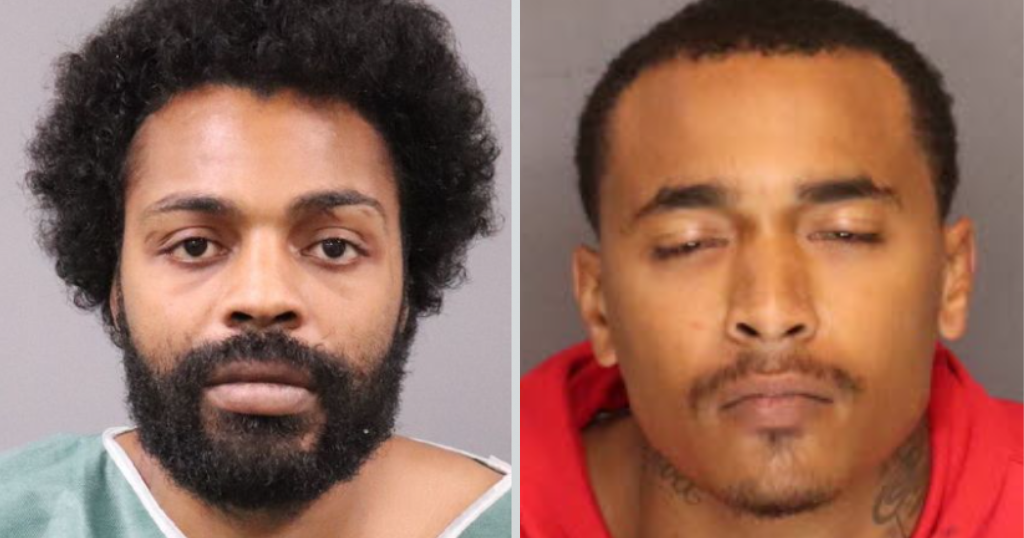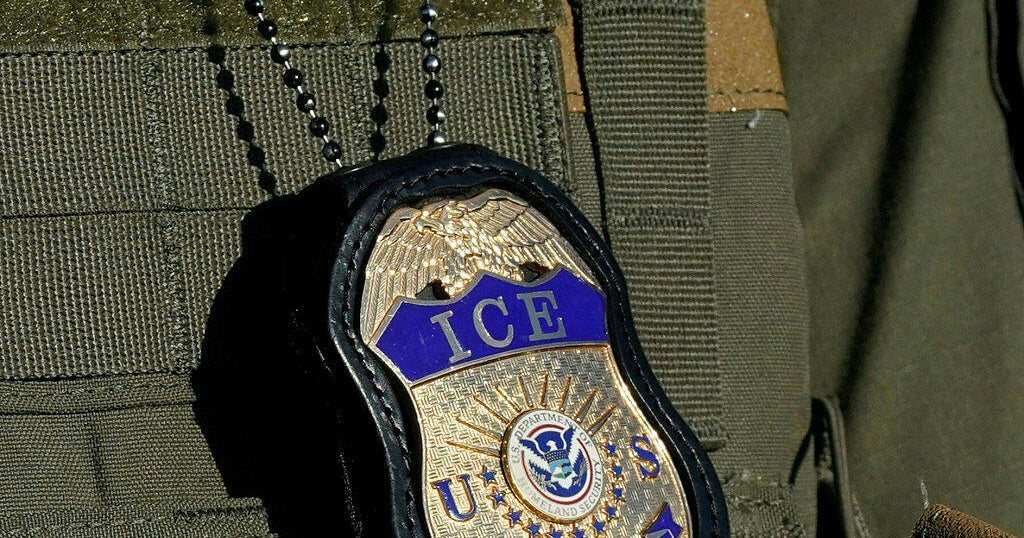Sandusky Jury Pivots On Unknown Victims, McQueary
BELLEFONTE, Pa. (AP) — As jurors in the Jerry Sandusky sex abuse case deliberated his fate Friday, their verdict promised to impact not only the former Penn State assistant football coach and the eight young men who accused him of molestation, but a range of civil and criminal probes of the scandal that shamed the university and brought down coach Joe Paterno.
The jury's apparent focus on the charges involving an unknown boy called Victim 2 in court papers renewed attention on the separate criminal case against two former Penn State officials.
Tim Curley, who temporarily stepped down as athletic director, and now-retired vice president Gary Schultz are charged with lying to a grand jury about what they knew of the 2001 assault witnessed by Penn State assistant Mike McQueary.
Jurors took copious notes and appeared to pay close attention Friday as McQueary's testimony was read back to them. McQueary, who said he walked in on the alleged assault, testified that he did not see penetration, but he did see a boy pressed up against a wall in the football team shower with Sandusky behind him.
Jurors also reheard the testimony of a McQueary family friend, Dr. Jonathan Dranov, who said that McQueary told him a different version of the story that didn't include sexual contact.
McQueary, however, also testified that he hadn't told Dranov everything that he saw.
The jury also sought details from the judge on charges connected to a boy known in court records as Victim 8. Judge John Cleland told the jurors in a brief courtroom meeting that they must be satisfied that there is other evidence that abuse occurred, not just statements from a Penn State janitor who relayed a co-worker's account of alleged abuse.
Jurors deliberated for more than eight hours Thursday and were continuing to talk Friday evening. Sandusky is accused of sexually abusing 10 boys over a 15-year period, using his charity for at-risk youth, The Second Mile, as a source of victims.
Sandusky's lawyer Joe Amendola told reporters late Friday afternoon that a complete acquittal would be "a shock" and he'll "probably die of a heart attack" if his client beats all the charges. Amendola also said Sandusky was spending time with his wife and family until a verdict is reached.
The attorney's 15-minute interview ended with him being summoned into the chambers of Judge John Cleland, who's presided over the two-week trial. Cleland has issued a gag order barring lawyers from discussing the case.
On Friday, a judge in Harrisburg scheduled a July 11 status conference with lawyers for Curley and Schultz, who are also charged with failing to properly report suspected child abuse to authorities. They are fighting the charges and await trial.
Philadelphia attorney Fortunato Perri Jr., who has been following the Sandusky trial, said an acquittal of Sandusky on the counts involving Victim 2 could provide a road map for the defense of Curley and Schultz.
"You've now had a jury kind of preview your case with respect to the credibility of McQueary," Perri said. "Who knows if the next jury would believe him or not believe him? But you've got to feel pretty good if you're representing those two guys, and a jury has taken a good long look at McQueary's testimony and decided something didn't smell right about it."
That's not to say they would be in the clear.
Bruce Antkowiak, a former federal prosecutor and defense attorney who now teaches law at St. Vincent College near Latrobe, said the Sandusky jury's verdict on the charges involving Victim 2 is legally irrelevant to Curley and Schultz.
That's because, Antkowiak said, they are charged with violating a legal duty to properly report the allegation that Sandusky abused the boy — whether or not it was later proven that it actually happened. In fact, the law provides protections for "mandatory reporters" like Curley and others, barring them from being sued by Sandusky if the accusation turned out to be wrong.
"The underlying truth of what was going on in that shower doesn't affect their underlying obligation to report the initial allegation," Antkowiak said.
Moreover, Perri said, the attorneys for Curley and Schultz would almost certainly be precluded from introducing evidence of Sandusky's acquittal, should it occur, at their trial.
Defense lawyers for the two Penn State officials did not immediately respond to a request for comment Friday.
Sandusky has repeatedly denied the allegations against him. The defense portrayed him as the hapless victim of a conspiracy to convict him of heinous crimes. They explain the 48 charges against him as the result of an investigatory team out for blood and accusers who willingly played along in hopes of securing a big payday.
Even if he's acquitted, Sandusky himself could still face additional criminal charges involving accusers who came forward after his November arrest.
Minnesota-based attorney Jeff Anderson said his client, Travis Weaver — who sued Sandusky last November and told NBC's "Rock Center with Brian Williams" on Thursday that Sandusky abused him more than 100 times — as well as several other alleged victims he represents have provided statements to law enforcement and stand ready to testify.
The attorney general's office has said repeatedly that it has an "active and ongoing" investigation of Sandusky, while federal prosecutors in Harrisburg issued a wide-ranging subpoena to Penn State University in February, seeking computer records and other information.
Civil lawsuits against Sandusky, Penn State and The Second Mile, meanwhile, are expected to go forward whether Sandusky is convicted or not.
No matter the verdict, there are other investigations spawned by Sandusky's November arrest:
— Ex-FBI director Louis Freeh was hired by Penn State's board of trustees to conduct an internal investigation in which 400 people have been interviewed. His report could be released in August.
— The NCAA began an inquiry into potential rules violations in November. Both the NCAA and the Big 10 Conference have told Penn State they would wait until Sandusky's trial has ended before any formal investigations are opened.
— The U.S. Department of Education has been looking into whether the school violated the Clery Act, which requires reporting of crimes on campus, in the case of the Sandusky allegations.
(Copyright 2012 by The Associated Press. All Rights Reserved.)
